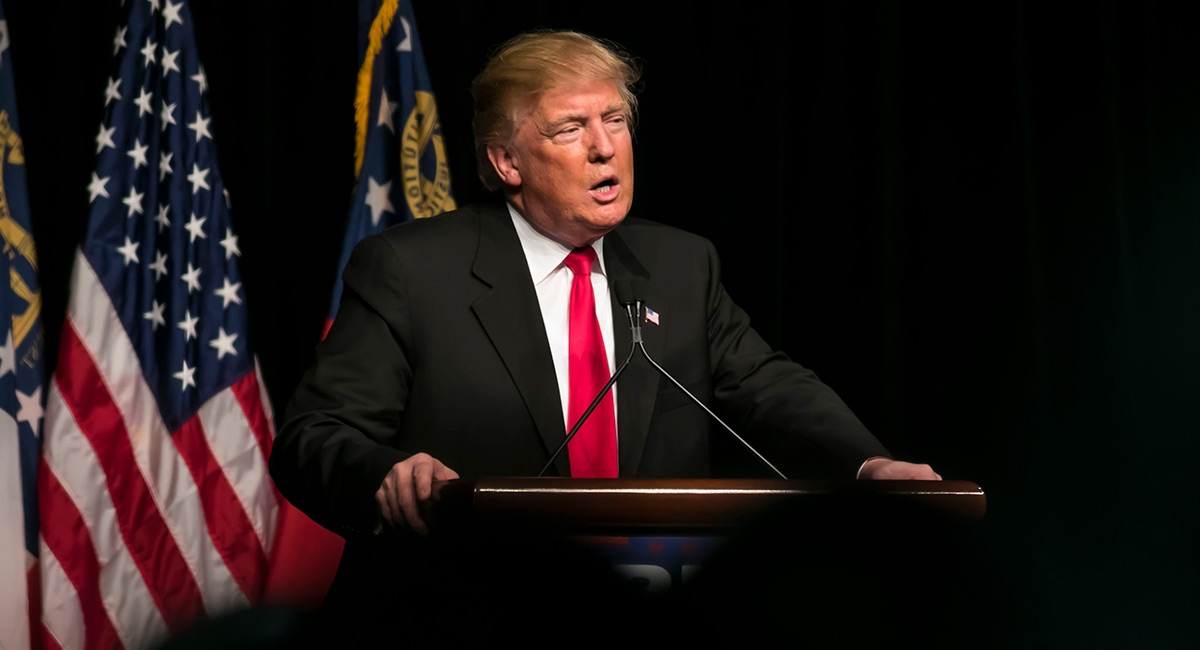Critics of President Trump’s response to the coronavirus crisis characterize it as knee-jerk, spur-of-the-moment, and grasping at any straw within reach. In fact, many of the executive actions we have seen in the past few days reflect a new approach to health policy that has been underway almost since the day Donald Trump was sworn into office.
These include the ability to be diagnosed and treated without ever leaving your own home; the ability to talk to doctors 24/7 by means of phone, email and Skype; and the ability of the chronically ill to have access to free diagnoses and treatments without losing their access to Health Savings Accounts.
In each of these areas, the Trump administration has already pushed the limits of executive authority. The “emergency” created by the coronavirus has given the administration the freedom to do much more.
Take telemedicine. In the private sector, the ability to deliver medical care remotely, say, by means of phone, email and Skype, is growing by leaps and bounds. It promises to lower costs, increase quality and lower the time and travel cost of patient care. Yet until recently Medicare rarely paid for any of this. Congress is the culprit.












